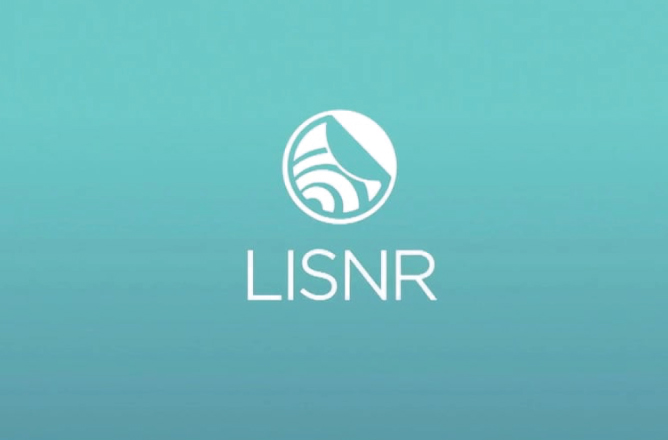Lisnr Wants To Make Airline And Concert Tickets A Thing Of The Past Using Sound Waves

Imagine a world where your entry ticket to an event, or boarding pass for a flight, or your form of payment for a good or service is invisible data transferred by way of sound waves. That world is already here, and it’s exactly what Rodney Williams is doing at the company he co-founded, Lisnr, a Cincinnati-based technology start-up.
“If I was going to use some type of mobile pay scenario, I only have a QR code or a NFC [chip] as an alternative,” Williams told CNBC, referring to two popular methods of communication used by current mobile devices. QR codes are vulnerable to security breaches, while NFC technology is expensive and not available in all payment situations.
“But I want to mobile pay everywhere: every parking meter, every taxicab, everywhere that I have an option … and the only option today is a piece of hardware. And we’re the software alternative,” the Lisnr CEO said Wednesday on “Power Lunch.”
Lisnr earned the No. 22 spot on the 2018 CNBC Disruptor 50 list.
Lisnr, launched in 2012, creates inaudible smart tones that are an alternative to WiFi and Bluetooth-based communications so you don’t need an internet connection to send data. Lisnr’s software, a near-ultrasonic, low-power data transmission technology, can transmit data between devices by way of a speaker and a microphone.
Part of its plan is a big disruption of the entire ticketing industry.
“That industry has chosen to go to mobile ticket,” Williams said. “Every time you use a ticket or at an airline, they’ve chosen a QR code. But it’s a fraudulent vehicle. I can screenshot it. I can share it. It’s one of the reasons why you still have to use your ID.”
As an example, he said the popular Starbucks mobile pay app could easily be screenshot and then the person stealing the bar code could use it. “I could buy coffee anywhere I want,” Williams said in a follow-up interview to his TV appearance.
“QR codes are the real issue,” he said. The Lisnr CEO noted that China implemented a ban on mobile payments, over certain amounts, that use QR codes at the end of 2017 due to the security risks.
Read the full story at CNBC.